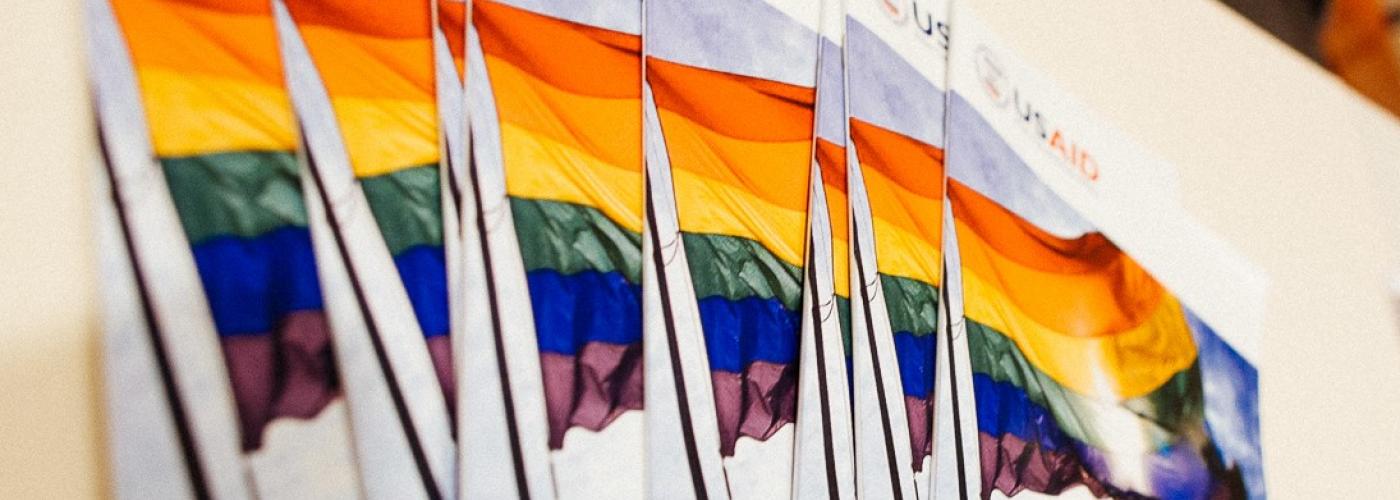This August, Marketlinks explores current trends and key issues surrounding inclusion of LGBTQI+ people in programming
Image

This August, Marketlinks explores effective programs, strategies, and approaches to ensuring that lesbian, gay, bisexual, transgender, queer, intersex people and other people of diverse genders and sexualities (LGBTQI+) have the tools and opportunities to thrive in local and national economies! Around the world, stigma, discrimination, and exclusion prevent LGBTQI+ people from fully participating in the economy and from accessing social benefits systems. Discriminatory and criminalizing laws, policies, and practices contribute to overrepresentation of the LGBTQI+ community in the informal economy, which exposes them to heightened levels of violence. In nearly 70 countries and territories around the world, consensual same-sex relations between adults is criminalized, and a variety of vague “morality” and “public nuisance” laws are used to criminalize gender diverse people. These laws expose LGBTQI+ people to harassment, violence, extortion, and blackmail.
Additionally, many transgender people lack access to legal gender recognition, as governments have high thresholds for changing gender markers on identity documents, sometimes requiring forced sterilization or compulsory psychological treatment. The lack of explicit, unambiguous protections in anti-discrimination legislation results in termination on the basis of perceived sexual orientation and gender identity. Few countries recognize relationships and families of same-sex couples, preventing the accumulation of wealth and shared social benefits. LGBTQI+ people may also experience rejection from families, religious communities, and other social networks, exposing them to extreme vulnerability in times of economic slow-down or shocks. These factors limit their rights and access to essential services, furthering an ongoing cycle of poverty.
Despite these challenges, there are brave, resilient, and passionate LGBTQI+ leaders and activists in nearly every country that are supporting the livelihoods and strengthening economic participation of LGBTQI+ people around the world. From engaging with business leaders to establishing LGBTQI-led chambers of commerce, to ensuring that LGBTQI+ individuals can access capital, there are multiple ways that USAID’s implementing partners can support the LGBTQI+ community to address their socioeconomic needs.
How do discriminatory and punitive laws prevent LGBTQI+ participation in economic growth? What is the impact of stigma, discrimination, and violence on LGBTQI+ people’s access to markets? How can development practitioners meaningfully address the socioeconomic needs and challenges faced by LGBTQI+ people around the world? What are some innovative solutions and programs being championed by LGBTQI-led groups to foster inclusion around the world?

